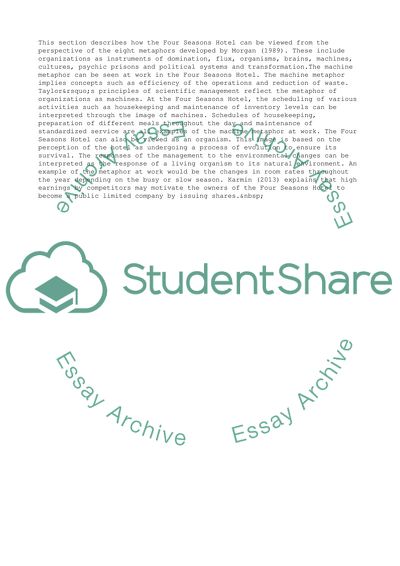Cite this document
(“Images of Organizations at Four Seasons Hotels Assignment”, n.d.)
Images of Organizations at Four Seasons Hotels Assignment. Retrieved from https://studentshare.org/management/1629725-images-of-organizations-analysis
Images of Organizations at Four Seasons Hotels Assignment. Retrieved from https://studentshare.org/management/1629725-images-of-organizations-analysis
(Images of Organizations at Four Seasons Hotels Assignment)
Images of Organizations at Four Seasons Hotels Assignment. https://studentshare.org/management/1629725-images-of-organizations-analysis.
Images of Organizations at Four Seasons Hotels Assignment. https://studentshare.org/management/1629725-images-of-organizations-analysis.
“Images of Organizations at Four Seasons Hotels Assignment”, n.d. https://studentshare.org/management/1629725-images-of-organizations-analysis.


